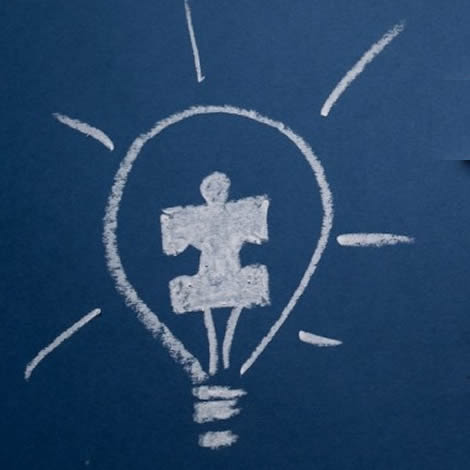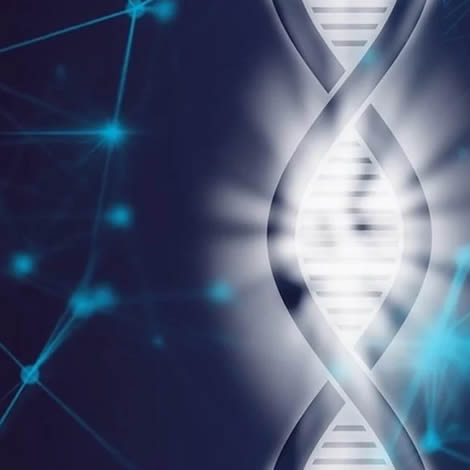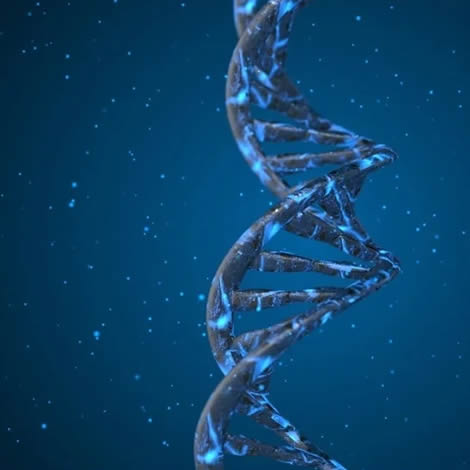Families of children and/or adults with autism spectrum disorder (ASD) are a vulnerable population and expected to experience some form of burden that comes with ASD challenges. ASD children manifest a lack of social communication and reciprocity with the presence of restricted, repetitive patterns of behavior.
The behaviorial symptom triad of impaired communication, impaired social interaction, and narrow range of interests has always been central to the diagnosis of ASD.
If you are a parent or loved one of someone with autism spectrum disorder (ASD), you might have wondered what causes it. This question, however, has no straightforward answer because there is no single cause of ASD. Research points to certain risk factors that put some people at a higher risk of developing the condition than others. Risk factors include having a family member who has also been diagnosed with the condition, environmental factors like severe pollution, and being born preterm.
Autism Spectrum Disorder Risk Factors
There is no single cause of autism, in the same way as there is also no single type of autism. Most researchers agree that people are born with autism spectrum disorder (ASD). While research does shows some possible risk factors for the condition, most cases of ASD have no known cause
- Genetic Factors : In the last five years, scientists have identified a series of rare genetic changes or mutations associated with autism. They have already identified over 100 genes connected to the risk of autism. However, there is not just one mutation in the majority of cases but rather a complex and variable combination of environmental and genetic risk factors which have an influence over early brain development.
The most significant risk factor is having one or more relatives with ASD. Hence the risk of having a second child with ASD is around 20%; 10 to 20 times more than in the general population. And this possibility increases even further (up to 50%) if more than one sibling is already affected by ASD. In the case of identical (monozygotic) twins who share the same genetic material, there is a 60% possibility that they would both have ASD, but this increases to 90% in the presence of a significantly impaired capacity for social interaction.
- Environmental Factors : These may play a role before and during childbirth. Those with the greatest evidence of an increased risk of autism are:
- Advanced age of parents at the time of conception (both the mother and the father).
- Illnesses suffered by the mother during pregnancy that trigger important immune responses.
- Extreme prematurity, with a very low birth weight.
- Complications during childbirth, particularly any that involve a reduction in the oxygen supply reaching the baby’s brain.
- Treatment for epilepsy (treatment with valproic acid during pregnancy).
- Exposure to high levels of pesticides or air pollution in pregnant women.
Understanding Autism and Behavioral Complications
Autism is a complex neurodevelopmental condition that affects individuals in various ways. It is characterized by challenges in social interaction, communication, and repetitive patterns of behavior. These behavioral complications can significantly impact the daily lives of individuals with autism and those around them.
- Sensory problems : If you have ASD, you may be very sensitive to sensory input. Something as common as loud noises or bright lights may cause you significant emotional discomfort. Alternatively, you may not respond at all to some sensations, such as extreme heat, cold, or pain.
- Seizures: Seizures are common among people with ASD. They often begin in childhood or your teenage years.
- Mental health issues: Having ASD puts you at risk of depression, anxiety, impulsive behavior, and mood swings.
- Mental impairment: Many people with ASD have some level of mental impairment. Children with fragile X syndrome are more likely to develop ASD. This syndrome is caused by a defect on a section of the X chromosome. It’s a common cause of mental impairment, particularly among boys.
- Tumors: Tuberous sclerosis is a rare disorder that causes benign tumors to grow in your organs, including your brain. The link between tuberous sclerosis and ASD is unclear. However, ASD rates are much higher among children with tuberous sclerosis than those without the condition, reports the Centers for Disease Control and Prevention.







